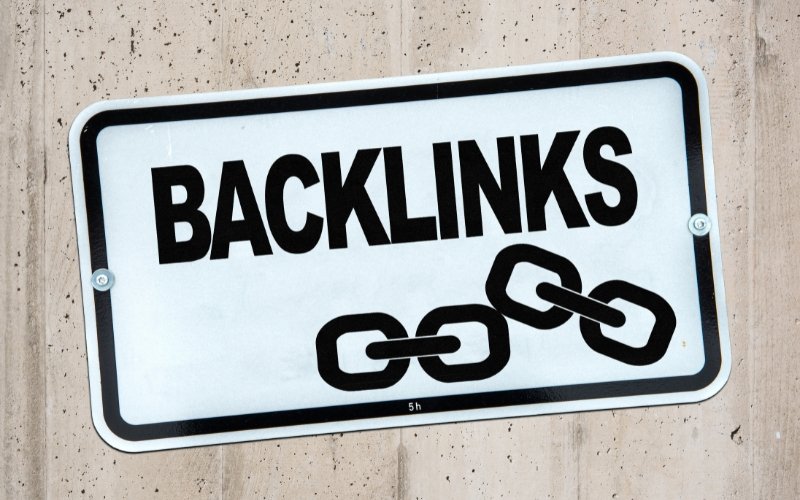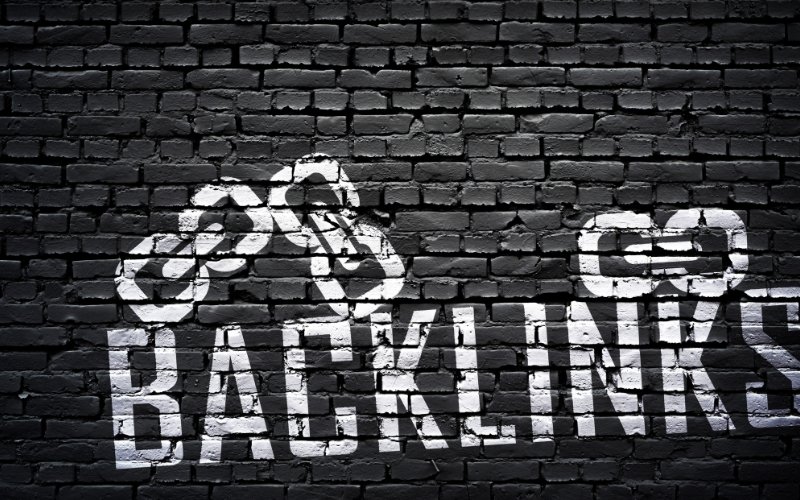In the world of Search Engine Optimization (SEO), backlinks play a vital role in determining a website’s authority, credibility, and overall ranking. A backlink, also known as an inbound link, is a link from one website to another. When high-quality, reputable sites link to your content, it signals to search engines that your site is valuable and trustworthy, which can greatly impact your ranking in search results.
For small businesses, leveraging backlinks effectively is one of the most powerful ways to enhance SEO, build authority, and compete with larger brands. In this article, we will explore how backlinks contribute to your SEO strategy, different types of backlinks, and actionable steps small businesses can take to build a robust backlink profile.
Why Backlinks Matter for SEO

Backlinks are like votes of confidence for your website. When search engines like Google evaluate a website, they take into consideration not just the content and keywords but also how many other websites are linking to it. Leveraging backlinks effectively signals to search engines that your content is valuable and relevant.
The quality of the backlink matters as much as the quantity. A single backlink from a high-authority site like a news outlet or a reputable blog can have a greater impact than several links from lesser-known sites. Search engines prioritize authority and relevance when calculating the weight of backlinks, making leveraging backlinks from credible sources essential for your SEO strategy.
Backlinks are crucial for SEO success because:
- They build trust and authority: High-quality backlinks signal to search engines that your site is reputable. Leveraging backlinks from trusted sources enhances your site’s credibility.
- They drive referral traffic: Backlinks can bring new visitors to your website from the site linking to you. Focusing on leveraging backlinks strategically can increase this traffic.
- They improve ranking: More backlinks from reputable sites can push your website higher in search results. By leveraging backlinks effectively, you can improve your visibility and better compete with larger brands.
Incorporating a thoughtful approach to leveraging backlinks is key to unlocking their full potential for your SEO success.
Types of Backlinks

Not all backlinks are created equal. The quality of a backlink depends on several factors, including the domain authority of the linking site, the relevance of the content, and the context of the link. Here are some common types of backlinks:
- Natural Backlinks: Natural backlinks occur organically when other websites or blogs link to your content because they find it valuable or relevant to their audience. These are a prime example of leveraging backlinks effectively, as they are earned rather than solicited. For small businesses, creating high-quality, shareable content increases the likelihood of earning natural backlinks, making leveraging backlinks a critical part of a content strategy.
- Guest Post Backlinks: A common SEO strategy is writing guest posts for other blogs in your industry. In exchange, you typically include a backlink to your site within the article or author bio. This method is an excellent way of leveraging backlinks to reach new audiences while gaining SEO value. The key to guest posting is ensuring that the site you’re contributing to has a high domain authority and relevance to your niche, further reinforcing the importance of leveraging backlinks effectively.
- Editorial Backlinks: Editorial backlinks come from articles or blog posts that mention your brand, product, or service as part of a larger piece of content. These links are usually unprompted and often the result of leveraging backlinks from high-quality, authoritative content. Earning editorial backlinks can dramatically boost your website’s credibility and showcase your expertise, making leveraging backlinks an essential component of any SEO strategy.
- Directory Links: These are backlinks from online directories, business listings, or industry-specific listings. While these links were more popular in the past, they still hold value when they come from reputable, industry-relevant sources. By leveraging backlinks from trusted directories, you can enhance your website’s visibility and credibility. However, it’s crucial to avoid low-quality directories to ensure that leveraging backlinks works in your favor.
- Social Media Backlinks: Although backlinks from social media platforms don’t directly impact your website’s search engine ranking (since they are typically nofollow links), they can still drive significant traffic to your site. Sharing content across social platforms is a strategic way of leveraging backlinks indirectly. Increased visibility on social media can lead to organic backlinks from bloggers, journalists, and influencers who find your content valuable
Strategies to Earn High-Quality Backlinks

Building a strong backlink profile is essential for small businesses that want to establish credibility and authority in their niche. Here are several proven strategies for earning high-quality backlinks:
- Create High-Quality, Shareable Content
Content is the foundation of your backlink strategy. The better your content, the more likely other websites are to link to it. Focus on creating content that provides value to your audience, such as in-depth guides, how-to articles, infographics, and original research. Content that answers common industry questions or solves problems will naturally attract backlinks. - Outreach to Industry Influencers and Bloggers
Proactively reaching out to influencers, bloggers, and websites within your industry is an effective way to build backlinks. Share your content with them and explain why it’s valuable for their audience. Building relationships with these influencers can lead to guest post opportunities, content mentions, and ultimately backlinks. - Leverage Local SEO and Business Listings
For small businesses, getting listed in local business directories and review sites is a simple yet effective way to build backlinks. Focus on industry-specific directories that cater to your business. Additionally, claim your Google My Business profile and encourage satisfied customers to leave reviews, as this can generate organic backlinks from review sites and directories. - Collaborate with Other Businesses
Partnering with other businesses in your niche for collaborations, joint ventures, or cross-promotions can lead to backlink opportunities. For instance, if you co-host an event or contribute to a resource guide, both businesses can link to each other’s content, creating mutually beneficial backlinks. - Monitor Competitor Backlinks
A useful tactic in your backlink strategy is monitoring the backlinks of your competitors. Tools like Ahrefs, Moz, or SEMrush allow you to analyze the backlink profiles of other websites in your industry. By identifying where your competitors are earning their backlinks, you can reach out to those sites to pitch your content or build a relationship for future opportunities. - Broken Link Building
Broken link building involves finding broken links on other websites and suggesting your content as a replacement. This strategy is beneficial for both parties—you help the site owner by pointing out a broken link, and in return, you earn a valuable backlink. Tools like Check My Links can help you identify broken links on relevant websites.
Conclusion: The Long-Term Impact of Backlinks on Authority and Credibility
Building a strong backlink profile requires time, effort, and consistency, but the rewards are substantial. High-quality backlinks can dramatically improve your website’s authority, boost your search engine rankings, and drive valuable referral traffic. For small businesses, leveraging backlinks is a powerful way to compete with larger brands by establishing trust and credibility online.
By focusing on creating valuable content, cultivating relationships with industry influencers, and staying proactive with your outreach, small businesses can develop a robust backlink strategy that strengthens their SEO and drives long-term success.

